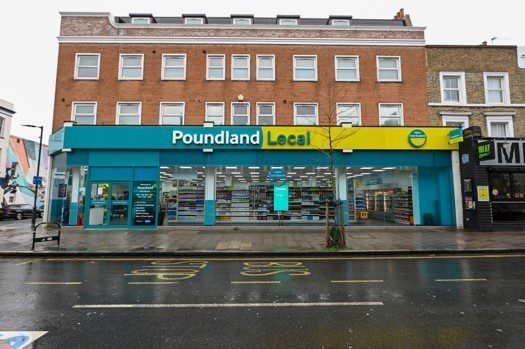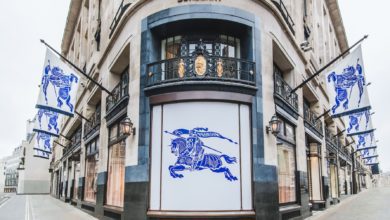How Poundland repurposed 10 Wilko stores in two weeks
Retail Sector talks to Austin Cooke, managing director, Poundland about why the company decided to move so quickly, how they were able to make it happen and what they hope will happen in the future in regards to the stores

Register to get 1 free article
Reveal the article below by registering for our email newsletter.
Want unlimited access? View Plans
Already have an account? Sign in
The biggest story in retail over the last few weeks has undoubtedly been the struggles and eventual collapse of Wilko. The company fell into administration in August and just a month later it was announced that all of its stores would be closing.
As a result, two of its rivals took advantage. Both B&M and Poundland owner Pepco took the opportunity to purchase Wilko stores, with B&M striking a deal to purchase 51 stores, while Pepco agreed to buy up to 71 stores.
Pepco then announced that it would be opening the first 10 former Wilko stores as Poundland stores on 30 September, with a further 10 set to open on 7 October. Poundland managing director Austin Cooke sheds light on the process of opening the stores and how the company was able to complete such a quick turnaround.
What were the challenges?
Following the agreement of the deal to purchase the stores, Cooke states that the main thing for Poundland was getting them operational and trading under the Poundland name. To put it in his words “we know a shop that’s open and employing colleagues, is far better than one with the lights off and shutters down”.
Even with that in mind this was still a big ask. First reports of the deal began to surface on 12 September and just two weeks later the first 10 stores opened.
Cooke explains that the main challenges facing the company were the timeframe and the scale of the changes needed.
“We love a challenge here at Poundland but importantly we know getting these stores back open and trading is important for communities and those who work in them. There’s still work to do though – we’ve been clear that we’ve only begun the journey to turn these stores into proper Poundlands. While we’re incredibly proud of what we’ve been able to do in such a short space of time, it will be 2024 before we can give the stores a complete makeover,” Cooke says.
Many would think that converting a shop from one name on the front to another would be a fairly simple process but according to Cooke this could not be further from the truth. He says that the teams involved in the transformation had been “working round the clock” to complete the work and, as alluded to earlier, there is still much more to be done.
“Some of the existing Wilko in-store shelving is different to ours so we’re making the best of what we have. Sourcing the correct clothing fixtures is a challenge in such a short space of time, so have temporary rails in place so we don’t deny our new customers the opportunity to buy clothing which wasn’t offered in Wilko, and is now such a fundamental and exciting part of what we offer in Poundland,” he states.
The goal for Poundland now is to continue getting as many stores as possible open as quickly as possible, shown by the 10 opening soon. Cooke points out that the company only acquired the option to acquire the leases on 71 stores so the company still has to agree terms before it can get them open.
What happens to the staff?
The main question that comes from any administration and purchase by another entity is what becomes of the existing staff. It was announced that while staff would not be transferred across, former Wilko employees would have priority when applying for roles at the newly reopened stores.
Cooke did not confirm that all staff at the 10 stores which closed and reopened last weekend had been retained, he confirms Poundland’s intention to give those staff priority when applying. He also states that the company has recruited over 200 former Wilko employees despite applications only opening a few days ago.
At the time of its administration it was reported that Wilko had around 12,500 employees according to the GMB Union. GMB did not provide a breakdown of that number so it is not clear how many of those 12,500 were store staff. It has also not been made clear whether the former Wilko employees will have the same sort of pay and benefits they may have had before.
What is the future?
The motivation for this move was clear for the company, Wilko had many stores in places that Poundland did not or stores that are substantially larger than existing Poundlands. In Cooke’s words the company hopes it can “bring the best it can offer to each town or community”.
Alongside this motivation was the fact that Wilko had a large and established customer base which has now lost its shop. This is another thing that Poundland hopes to capitalise on.
“[We hope to attract Wilko’s customer base] and more. We’d encourage former Wilko customers to come and have a look at what we offer as well as welcoming existing Poundland shoppers who perhaps weren’t as near to one of our stores in the past,” Cooke states.







